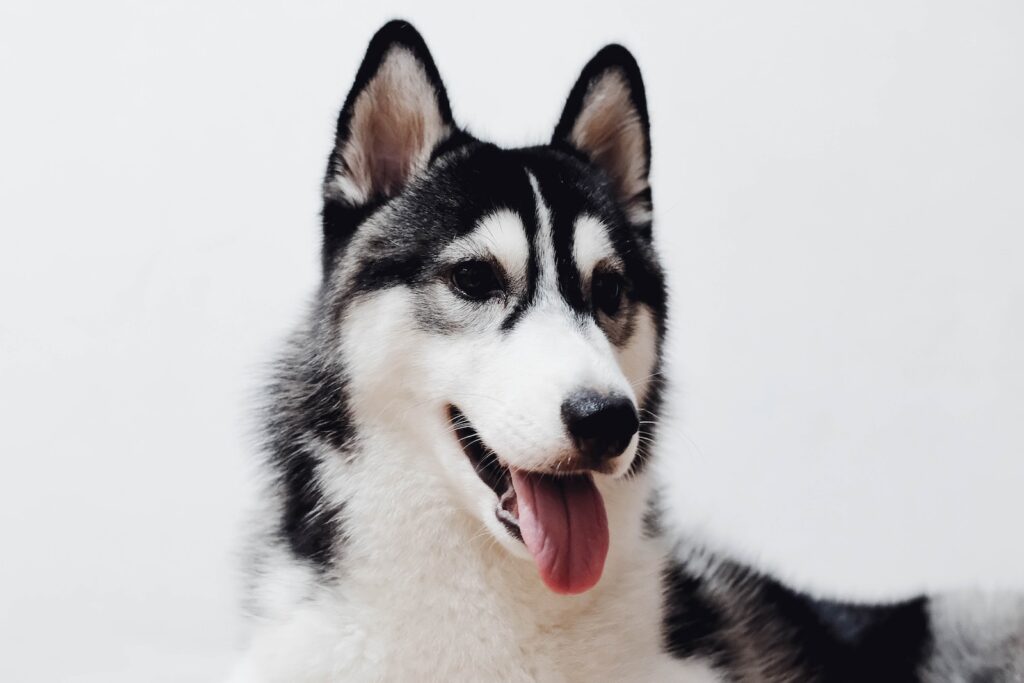Can Dogs Eat Gingerbread? — No, They Can’t
Gingerbread is a delicious and popular treat enjoyed by humans, especially during the holiday season. However, when it comes to our furry friends, dogs should steer clear of gingerbread. While it may be tempting to share a piece of this festive snack with your canine companion, there are several reasons why gingerbread is not suitable for dogs.
Can Puppies Eat Gingerbread?
Just like adult dogs, puppies should also avoid consuming gingerbread. In fact, puppies are even more susceptible to the potential risks associated with this sweet treat. Their developing digestive systems are sensitive, and certain ingredients found in gingerbread can cause digestive issues and other health problems.
Why is Gingerbread Harmful for Dogs?
Gingerbread contains a combination of ingredients that can be harmful and potentially toxic to dogs. Let’s explore the primary dangers associated with dogs consuming gingerbread:
1. High Sugar Content
Gingerbread is typically loaded with sugar, whether it’s in the form of sugary icing, molasses, or other sweeteners. Dogs have a difficult time digesting large amounts of sugar, and consuming excessive sugar can lead to obesity, dental problems, and even diabetes in dogs.
2. Spices and Flavorings
Gingerbread is made with various spices and flavorings, such as cinnamon, nutmeg, cloves, and ginger. While these spices may seem harmless to humans, they can be problematic for dogs. Some spices, like nutmeg, can be toxic to dogs and may cause symptoms such as hallucinations, increased heart rate, and digestive issues.
3. Potential for Allergies
Gingerbread often contains ingredients like wheat, eggs, and milk, which are common allergens for dogs. These ingredients can trigger allergic reactions in dogs, resulting in symptoms like itching, rashes, and gastrointestinal upset. It’s best to avoid exposing your dog to potential allergens by not feeding them gingerbread.
Symptoms to Watch Out For After Dogs Consume Gingerbread
- Upset Stomach: Dogs may experience vomiting, diarrhea, or stomach discomfort after consuming gingerbread.
- Lethargy or Hyperactivity: Some dogs may show signs of unusual tiredness or restlessness due to the ingredients in gingerbread affecting their energy levels.
- Increased Thirst: Excessive sugar consumption can lead to increased thirst and frequent urination in dogs.
Immediate Steps to Take if Your Dog Eats Gingerbread
- Monitor your dog: Keep a close eye on your dog for any signs of discomfort or unusual behavior.
- Provide plenty of water: Offer your dog fresh water to help flush out any potential toxins and to prevent dehydration.
- Contact your veterinarian: If you notice any severe symptoms or if your dog has ingested a large amount of gingerbread, it’s important to seek professional veterinary advice.
Safe Alternatives to Gingerbread
While gingerbread is off-limits for dogs, there are safe alternatives that they can enjoy. Consider offering your dog these healthier and dog-friendly options instead:
- Carrots — Carrots are a crunchy and nutritious snack for dogs. They are low in calories and high in vitamins and fiber.
- Apples — Apples can be given to dogs in moderation. Make sure to remove the seeds and core, as they can be choking hazards.
- Peanut Butter — Peanut butter (without xylitol) can be a tasty treat for dogs. It’s important to choose a peanut butter that does not contain added sugar or artificial sweeteners.
Conclusion
In conclusion, gingerbread is not suitable for dogs due to its high sugar content, potentially toxic spices, and common allergens. It’s important to prioritize your furry friend’s health and well-being by avoiding feeding them gingerbread. Instead, opt for safer alternatives like carrots, apples, and peanut butter. Remember, always consult your veterinarian if you suspect your dog has consumed a harmful food item.
Frequently Asked Questions
Can dogs eat ginger?
While ginger itself is not typically toxic to dogs, it’s best to avoid feeding them large amounts of ginger, especially in the form of gingerbread. Small quantities of ginger may have some health benefits for dogs, but it’s always recommended to consult with your veterinarian first.
Can dogs eat cinnamon?
Cinnamon, in small amounts, is generally safe for dogs. However, large quantities of cinnamon or cinnamon-flavored foods, like gingerbread, can cause digestive upset in dogs. It’s always best to offer cinnamon to your dog in moderation and consult with your veterinarian if you have any concerns.
What other holiday foods should dogs avoid?
There are several holiday foods that dogs should avoid, including chocolate, grapes, raisins, onions, and garlic. These foods can be toxic and potentially life-threatening to dogs. It’s important to keep festive snacks away from your furry friends and be mindful of their safety during holiday celebrations.





